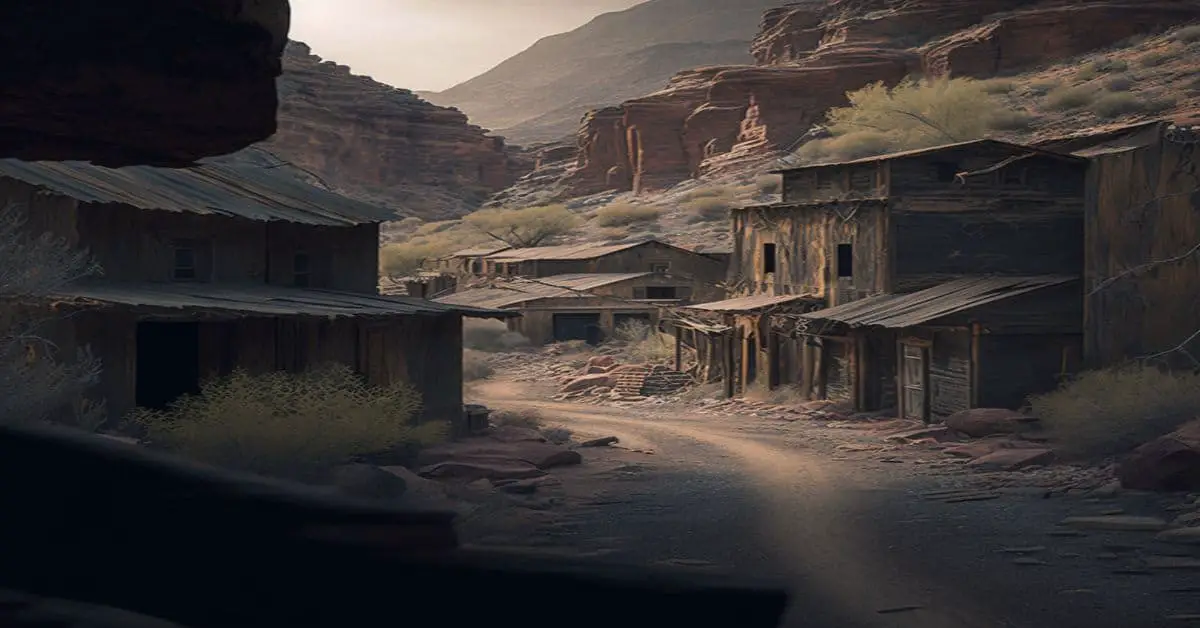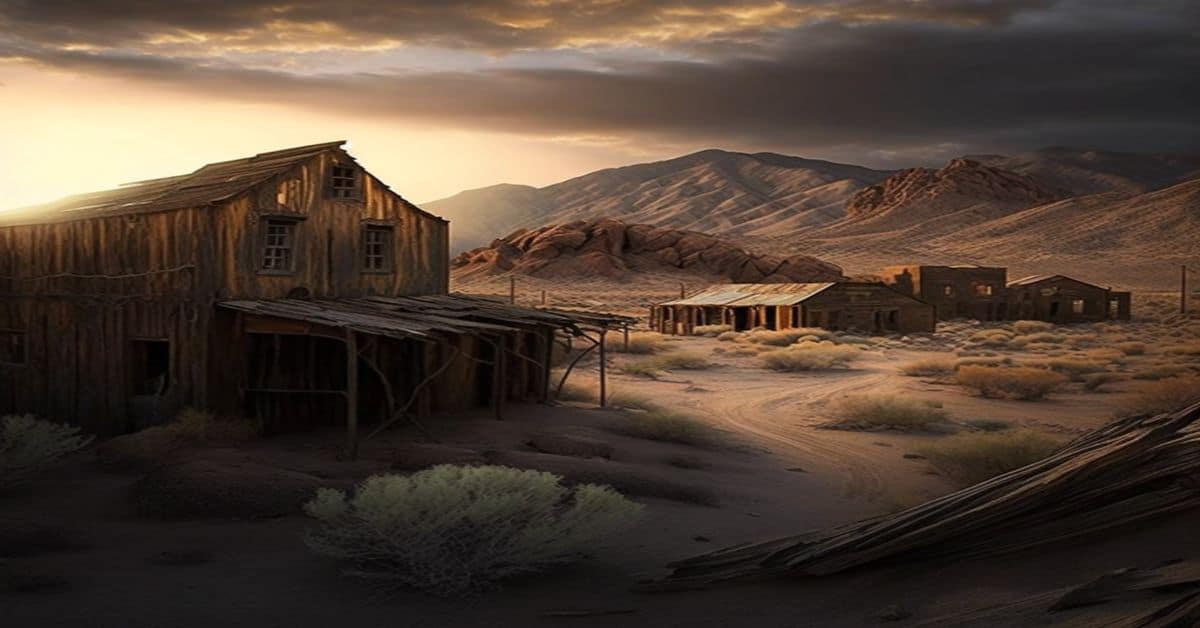Lecompton, a quiet and unassuming ghost town in Kansas, hides a rich and fascinating history waiting to be discovered.
Once a thriving territorial capital and county seat, Lecompton witnessed a tumultuous and divisive period in American history as opposing views on slavery tore the town apart.
Despite its decline, Lecompton’s legacy lives on, with remnants of its past still visible to this day.
This article aims to uncover the secrets of Lecompton, exploring its founding, political and cultural significance, and modern-day remains.
From its early days as a bustling town to its eventual decline, we will delve into the history of Lecompton, examining the events and people that shaped its destiny.
Through this exploration, we hope to shed light on this forgotten town and provide insight into its role in Kansas and American history.
Key Takeaways
- Lecompton was founded in the 1850s as a pro-slavery town in contrast to the anti-slavery town of Lawrence, contributing to tension between the two towns that led to Lecompton’s decline.
- Despite a population of 5,000 in 1856, Lecompton’s economic development was hindered by its pro-slavery stance, and it lost its claim to the county seat when Kansas became a state in 1861.
- The political and cultural significance of the slavery debate in territorial Kansas directly contributed to Lecompton’s decline.
- Today, Lecompton has been transformed into a charming ghost town that has successfully preserved its historic charm, including old buildings, Constitution Hall, and a museum dedicated to territorial days, allowing visitors to experience small town life and learn about the region’s significant role in the slavery debate and its impact on the development of Kansas.
History and Founding
Lecompton, which was founded in the 1850s and served as a territorial capital of Kansas, was a pro-slavery town in contrast to the neighboring anti-slavery town of Lawrence. This led to tension between the two towns, ultimately leading to Lecompton’s decline.
Despite having a population of 5,000 in 1856 and boasting 5 hotels and 26 bars, Lecompton’s economic development was hindered by its pro-slavery stance. As freestaters began to outnumber pro-slavery supporters, Lecompton lost its claim to the county seat when Kansas became a state in 1861.
Notable residents of Lecompton included Samuel D Lecompte, after whom the town was renamed, and William Clarke Quantrill, a notorious Confederate guerrilla fighter who led the Lawrence Massacre in 1863.
The legislature was moved to Lawrence when Kansas became a state, marking the end of Lecompton’s brief stint as a territorial capital. Despite its decline, the town still stands today and features Constitution Hall and a museum dedicated to its territorial days.
Political and Cultural Significance
The political polarization and cultural divide between pro-slavery and anti-slavery factions in territorial Kansas significantly impacted the development and decline of settlements in the region.
Lecompton, being a pro-slavery town, was at odds with Lawrence, an anti-slavery town.
The slavery debate and territorial conflicts between these two towns led to violence and bloodshed, further exacerbating the divide between the two factions.
The pro-slavery stance of Lecompton also had economic implications.
As freestaters outnumbered pro-slavery supporters, Lecompton’s population dwindled, and it lost its claim to the county seat when Kansas became a state in 1861.
The decline of Lecompton was a direct result of the political and cultural significance of the slavery debate in territorial Kansas.
Today, Lecompton serves as a reminder of the impact of the slavery debate on the development and decline of settlements in the region.
Modern-Day Lecompton
Today, visitors to the area surrounding Lawrence, Kansas can explore the historical significance of the region’s territorial period, including the impact of the slavery debate on settlement development and decline.
Lecompton, a once bustling pro-slavery town that served as the territorial capital of Kansas, has now been transformed into a quiet and charming ghost town. Despite its decline, Lecompton still holds onto its past by preserving its old buildings, Constitution Hall, and a museum dedicated to its territorial days.
In recent years, preservation efforts in Lecompton have successfully maintained the town’s historic charm. Some old buildings have been renovated to their former glory, and the remains of Lecompton include depression holes and still-standing structures that remind the town’s past.
Visitors to the area can now experience the serenity of small town life while also learning about the region’s significant role in the slavery debate and its impact on the development of Kansas.
Frequently Asked Questions
Are there any paranormal activities or ghost sightings reported in Lecompton?
There is no evidence of paranormal activities or ghost sightings reported in Lecompton. Despite offering haunted history tours and paranormal investigations, no credible reports of supernatural occurrences have been documented in the town.
Were there any significant events or battles that took place in Lecompton during the Civil War?
During the Civil War, Lecompton witnessed no significant battles or events. However, it played a crucial role in the pro-slavery movement prior to the war. Today, Lecompton is known for its historical landmarks such as Constitution Hall and a museum dedicated to its territorial days.
Is there a specific time of year that is best to visit Lecompton?
The best time to visit Lecompton, a Kansas ghost town, is during the tourist season from May to September. The weather is mild with low humidity, and visitors can explore the town’s history and visit its landmarks.
Are there any local legends or folklore associated with the town?
Local folklore and haunted stories are scarce in Lecompton, Kansas. However, some residents claim to have witnessed paranormal activity in the old buildings. Despite this, there are no well-known legends associated with the town.
Is Lecompton currently undergoing any restoration or preservation projects for its historic buildings?
Current initiatives include preserving and renovating historic buildings in Lecompton, Kansas. Funding sources include grants from the Kansas Historical Society and private donations. The town actively promotes its territorial history through Constitution Hall and a museum.


